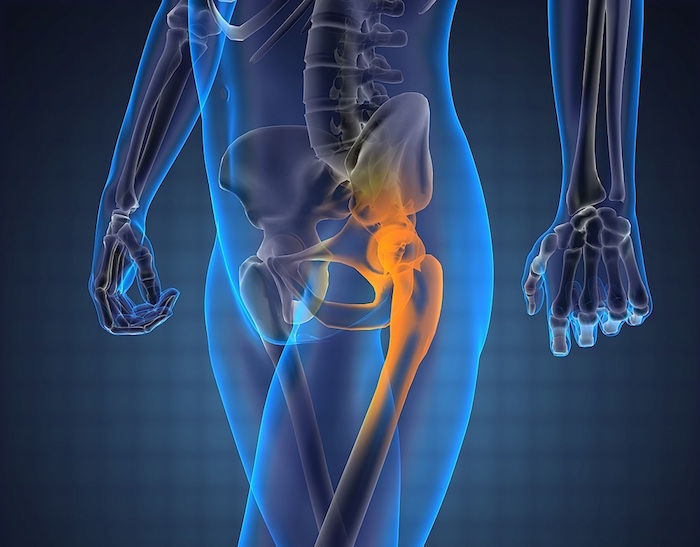 What do prostate cancer, bones, and antidepressants have in common? According to a new study by Washington State University (WSU) and Cedars-Sinai Medical Center researchers, prostate cancer cells hijack the body’s bone maintenance. What’s more, certain antidepressant drugs block this process. Prostate cancer’s spread to the bones occurs in about 90 percent of men who die from this disease.
What do prostate cancer, bones, and antidepressants have in common? According to a new study by Washington State University (WSU) and Cedars-Sinai Medical Center researchers, prostate cancer cells hijack the body’s bone maintenance. What’s more, certain antidepressant drugs block this process. Prostate cancer’s spread to the bones occurs in about 90 percent of men who die from this disease.
“Our findings provide a rationale to pursue the new use of these ‘old’ antidepressant drugs to benefit late-stage prostate cancer patients with signs and symptoms of metastasis,” said lead study author Jason Wu, an assistant professor of pharmacy at WSU Spokane.
How Prostate Cancer Spreads To Bones
In this study, published in the journal Cancer Cell, Wu and his team introduced human prostate cancer cell lines into mice. They then observed an enzyme called MAOA turn on a cascade of signals that made it easier for tumor cells to invade and grow in bone. Bone is built by cells called osteoblasts. On the opposite end of the spectrum are osteoclasts, which reabsorb—in other words destroy—bone. The MAOA enzyme activates three proteins that boost the activity of the bone-destroying osteoclasts.
After the researchers reduced the expression of the MAOA enzyme in prostate cancer cells, bone metastasis—the spread of the cancer to the bones—was also reduced.
On the other hand, when they increased the expression of this enzyme in prostate cancer cells, bone metastasis in mice increased. “The cancer cells can specifically activate the osteoclasts for bone degradation,” Wu said. “The experimental phenomenon we’ve observed is actually a lot more bone destruction than new bone formation.”
Antidepressant Drug Blocks Bone-Destroying Enzyme
The next step in the experiment was to use an antidepressant drug called clorgyline, known to block the activity of the MAOA enzyme, to see if it could stop prostate cancer’s spread to the bones. The medication worked. It interfered with the communication between the enzyme and prostate cancer cells that would have resulted in the cancer cell invasion to the bones.
“To be sure, there have been no clinical studies reporting a lower risk of prostate cancer in people currently taking antidepressants,” said Wu. “Our studies provide promising results in mice, which merit further investigation, such as adjusting the formulation, dose and delivery route of MAOA inhibitors, prior to ultimate clinical application.”
Source: Jason Boyang Wu, Lijuan Yin, Changhong Shi, Qinlong Li, Peng Duan, Jen-Ming Huang, Chunyan Liu, Fubo Wang, Michael Lewis, Yang Wang, Tzu-Ping Lin, Chin-Chen Pan, Edwin M. Posadas, Haiyen E. Zhau, Leland W.K. Chung. MAOA-Dependent Activation of Shh-IL6-RANKL Signaling Network Promotes Prostate Cancer Metastasis by Engaging Tumor-Stromal Cell Interactions. Cancer Cell. 2017;31(3): 368 DOI: 10.1016/j.ccell.2017.02.003











